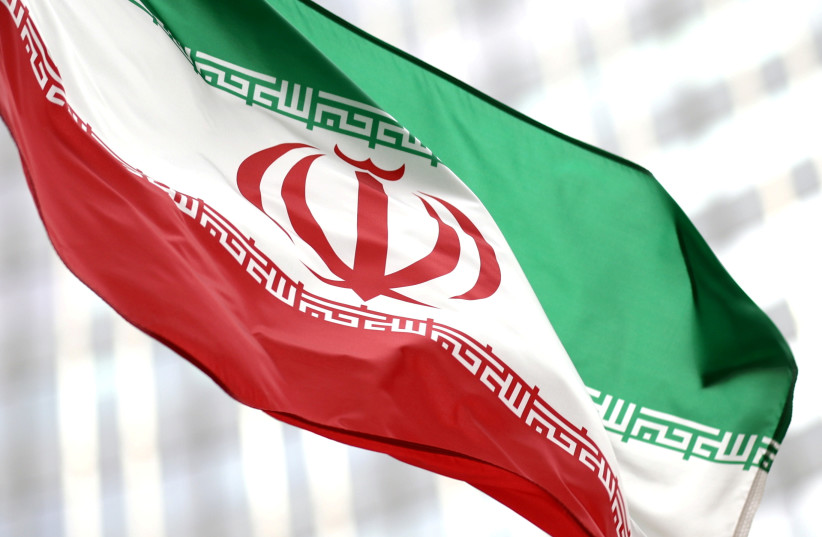I will try to explain this in simple, plain language just as it was explained to me by the person who is the most knowledgeable and involved in this matter: the State of Israel and the Middle East are no longer the main focus in US foreign affairs. The American administration is currently focused on domestic affairs, on the potential outcome of its semi-overt war with China, on the Iran agreement and on the border between the Ukraine and Russia.
Some of the countries in the Middle East with which the United States has engaged in historic partnerships are terrified and extremely fearful about the US withdrawal from the region. They include Saudi Arabia, the Emirates, Jordan and Egypt, as well as Israel and the Palestinians. President Joe Biden’s administration will keep its involvement in Middle East affairs to the absolute minimum possible. The US will safeguard its interests and be willing to capitulate on matters more than ever before, regardless of the price the US will pay for appearing weak.
The number of US troops in the region will continue to drop, and most of the joint training exercises it carries out with the militaries of friendly countries in the Middle East will cease. In fact, according to the Pentagon, as of 2010, 216,000 US troops were stationed in the Middle East, as opposed to only 66,000 in 2021. And this number will continue to be significantly reduced for the foreseeable future.
The real ‘war’, though, is with China, which is pouncing on every possible opportunity that presents itself, and attaining incredible achievements in the technology and infrastructure sectors. These developments have Washington extremely worried. Last week, US National Security Adviser Jake Sullivan held high-level meetings in Israel with Israel’s president, prime minister and defense minister, as well as with a number of other senior Israeli officials. According to senior officials, the purpose of the visit was to make sure that Israel is remaining ‘in check’ and is not planning on complicating issues and dragging the US into regional entanglements.
This, of course, is not good news for Israel or for the rest of the region. Yet, this process will still enable us to build up a significant force that will carry out strong security and intelligence collaboration with the US in a way that will function as a strategic force for Israel. This type of cooperation in the past has led to the peace agreements with Egypt and Jordan, as well as the recent agreements signed with the Gulf states. Perhaps in the near future, it will also lead to the signing of an agreement with Saudi Arabia. The issues around which all of these countries are uniting are the Iran nuclear threat and Islamist terrorism.

At the same time, it’s likely that the strategic and special ties Israel has had with each American administration will remain strong and close. This depends on powerful Jewish American representatives retaining their positions in the US Congress, the media, research institutes and universities, courts and financial institutions, and on Christian evangelists continuing to love us. In addition, both sides need to continue working in tandem, carrying out joint research studies, maintaining close ties and sharing common values and language.
The writer is a brigadier general in the IDF (reserves), and a former IDF spokesperson.
Translated by Hannah Hochner.
